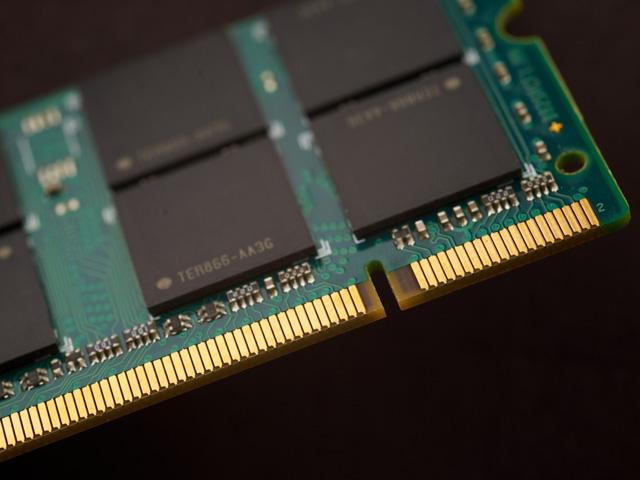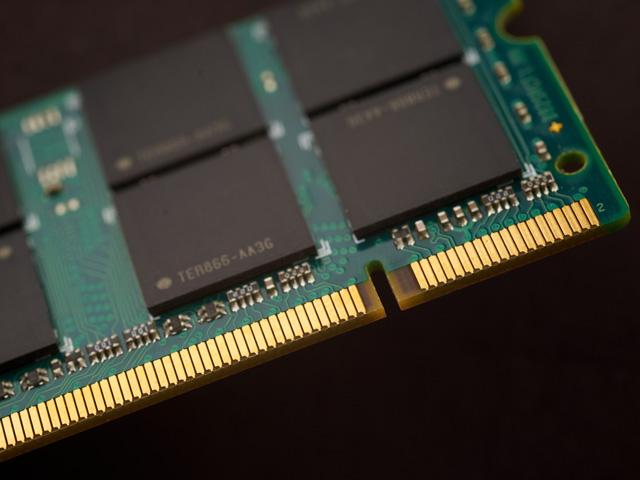An Urban's Rural View
An Industrial Policy Moonshot
The U.S. is getting more serious about industrial policy and a single word explains why: China.
Fear of China dominating the technology industries of the future has changed the political equation in Washington. Republicans traditionally resisted the government supporting strategically important industries. China has moved some Republicans into the yes column, making legislation possible.
The recently enacted CHIPS and Science Act is a big step into big-time industrial policy. It provides $53 billion in incentives for domestic manufacturing of semiconductors and more than $200 billion in funding for research in a variety of high-tech fields. By some tallies, the bill's $280 billion total exceeds, adjusted for inflation, the amount spent in the 1960s on sending a man to the moon. (https://www.economist.com/…)
CHIPS passed with bipartisan support, garnering yes votes from 24 House Republicans and 14 Senate Republicans. When the semiconductor company Intel, encouraged by the new law, broke ground recently on a $20 billion plant in Ohio, a Democratic president, a Republican governor and legislators from both parties attended the ceremony.
The more frayed relations with China become, the more wary lawmakers are of the U.S. relying on a rival for something so essential to the country's economic and military well-being as semi-conductors. China makes a growing proportion of the world's chips today, while the U.S. share is shrinking. And China is laboring mightily to make even more.
This leaves some Republicans beating a retreat from free-market purism. Florida Republican Senator Marco Rubio was a sponsor of the CHIPS Act. He admits the market allocates capital more efficiently, "but there are times where the most efficient outcome is not the best outcome for America." (https://www.washingtonpost.com/…)
P[L1] D[0x0] M[300x250] OOP[F] ADUNIT[] T[]
The U.S., to be sure, still has a robust semiconductor industry. U.S.-based producers account for nearly half of world semiconductor sales, according to the Semiconductor Industry Association. They just don't produce them in the U.S. Many design chips in the U.S. but farm out manufacturing to overseas "fabs," mostly in Taiwan.
Wall Street seems eager to finance design-and-outsource companies. It's less enthusiastic about companies that make chips in the U.S. Fabs are expensive; they tie up a lot of capital. Asian countries have a comparative advantage in manufacturing thanks to lower labor costs and government subsidies.
Without the CHIPS Act, then, offshoring would accelerate. Many fewer new fabs would be built here. More would be built in other countries, especially China.
Despite this prospect, many Republicans and even some Democrats remain industrial-policy skeptics. Their reasons include what Rubio said: Governments don't allocate capital as efficiently as markets. Some skeptics worry about cronyism, which has often been a problem for industrial policy. Others wonder whether Washington can successfully administer a project of this size and complexity.
Proponents counter with several points:
-- Uncle Sam is no stranger to industrial policy. The many critical industries he promotes with subsidies, research and other goodies include agriculture, health care and energy. Why not chips?
-- Other countries -- China, Japan, South Korea, Taiwan, many European countries -- subsidize semiconductor manufacturing. U.S. subsidies merely level the playing field.
-- The U.S. industry's design-and-outsource model may be unsustainable. Over time overseas companies could learn design. If they do, the insights gleaned from their manufacturing would give them a competitive edge in design. Eventually, they could knock American companies out of the game.
-- Relying on Taiwan entails risks. Taiwan dominates semiconductor manufacturing. The most advanced chips are only made in Taiwan. If China were ever to achieve its goal of subjugating Taiwan, it would control Taiwan's semiconductor infrastructure and the products Taiwan exports. That's a big if, China swallowing Taiwan, but the mere possibility must give the Pentagon chills.
On balance, Washington seems to have decided that the Chinese challenge makes semiconductor security as important to the nation as food security. Moreover, the CHIPS Act may be just the first of many more big steps down the industrial-policy path.
For example, it's hard to imagine anyone wanting China to dominate the emerging field of artificial intelligence, as it hopes to. No doubt, some of the research money in the CHIPS Act will be used to promote AI. But it's not hard to envision a future Congress providing more support to American AI companies.
The devil is in the detail. If we're going to do industrial policy, we need to do it well. In agriculture and many other fields that have benefited from industrial policy, one of the most important government contributions has been helping create knowledge by supporting research and education.
While subsidies can kickstart an industry, the capital markets really will finance most worthwhile investments. What government can do that markets can't is fund basic research, the kind that creates know-how rather than products. The best thing about the CHIPS Act may be that it's heavier on research than on subsidies.
Urban Lehner can be reached at urbanize@gmail.com
(c) Copyright 2022 DTN, LLC. All rights reserved.






Comments
To comment, please Log In or Join our Community .